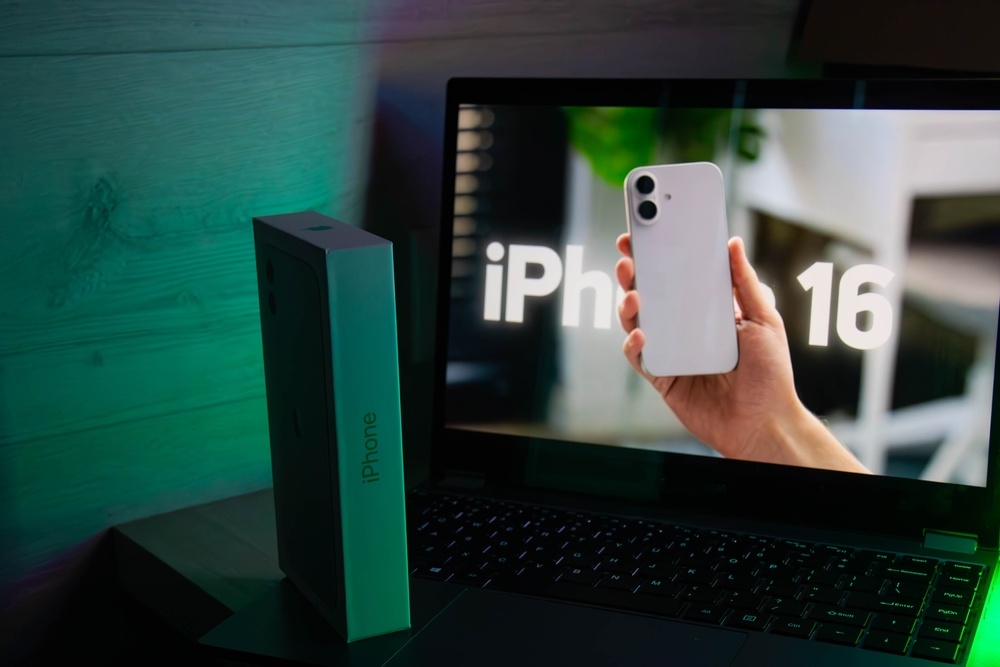iPhone 16 Demand Weak, Apple's Market Outlook Bleak
Data shows that the market demand for iPhone 16 is significantly lower than the same period last year, and Apple may face greater pressure in the coming quarters.

According to UBS's iPhone demand tracking data in 30 regions, the market demand for iPhone 16 is significantly lower than the same period last year. In particular, the waiting time for iPhone 16 Pro Max in the United States and China was 17 days and 16 days respectively, compared with last year's The 22 days has been significantly shortened, indicating that consumers’ purchasing intention has weakened.
If Apple Intelligence, which will be released on October 28, or the earnings report three days later, fail to bring positive signals to the market, Apple may face greater pressure in the next few quarters.
The analysis pointed out that Apple's average selling price is expected to increase by 4% to US$928 in fiscal 2025, and further increase to US$943 in 2026. However, if consumer demand favors more affordable iPhone models, especially the upcoming iPhone 16 SE, that could compress expectations, limit sales price growth and slow revenue growth.
Although IDC data shows that Apple's market share in the Chinese market has reached 15.6%, it has dropped slightly compared with last year's market share of 16.1%. Geopolitical risks and intensifying local competition make Apple's prospects in the region unclear.
In addition, although Apple has returned to the top five in China's smartphone market, the overall weak demand trend cannot be ignored, which may further affect the company's revenue performance in China.
On the evening of October 28, Apple launched Apple Intelligence and related new AI products, and is expected to release a financial report on October 31. UBS warned that if these new technologies fail to arouse strong interest from consumers, some production of the iPhone 16 series may be postponed to 2025, and the waiting time for the iPhone 16 Pro Max will also be further shortened.
This change not only increases the risk of the holiday sales season, but may also affect growth in the first and second quarters of 2024, especially the expected launch of the iPhone SE in March, which may put pressure on average selling prices, thereby affecting full-year financial performance .
KeyBanc lowered Apple's stock price rating to "underweight" on Friday amid weaker consumer demand for upgrades than expected. Analyst Brandon Nispel pointed out that iPhone 16 upgrade demand is growing slowly and iPhone sales growth is lower than expected.
Apple's stock price fell slightly by 0.19% after the market closed on Friday, closing at $230.98 per share, an annual cumulative increase of 24.66%.
Disclaimer: The views in this article are from the original Creator and do not represent the views or position of Hawk Insight. The content of the article is for reference, communication and learning only, and does not constitute investment advice. If it involves copyright issues, please contact us for deletion.